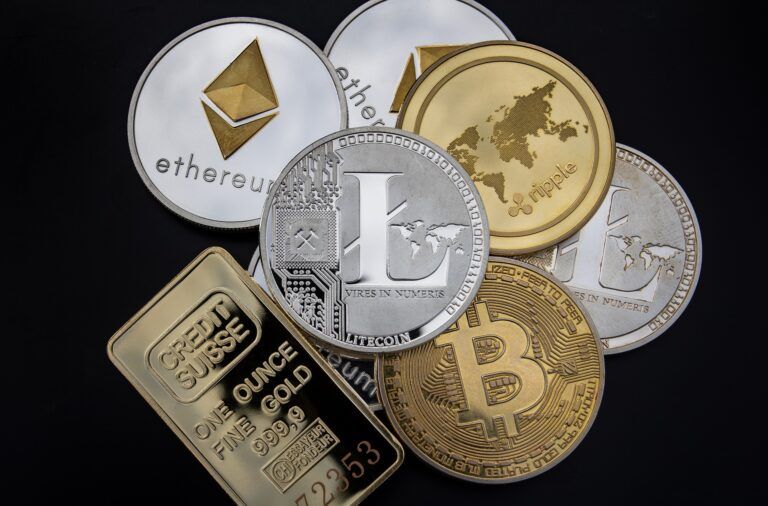Russian Lawmaker Vladimir Gutenev, in an interview with Russian news agency TASS, has proposed that his country should take more drastic measures to counteract the pressure being put on them by U.S foreign policy.
Gutenev, the first deputy head of the economic policy committee of the State Duma, believes that it is time for Moscow to consider the alternatives put forth by experts with regards to responding asymmetrically to the US.
He is of the opinion that the response from Russia should be aimed at neutralizing the effects of sanctions as well causing some “retaliatory damage”:
In boxing, one cannot just dodge blows but has to strike in response, too. Especially when all the rules have been violated and the referees – such as the WTO and other international institutions – prefer to stay silent.
Using Crypto to Circumvent Sanctions
The alternative courses of action listed by the lawmaker from the lower chamber of Russia’s parliament were: the use of gold-backed cryptocurrencies for Russian arms exports, the stationing of Russian tactical nuclear weapons in countries like Syria; and the termination of certain treaties with the U.S. Gutenev also touched on the non-proliferation of technologies treaty, as an example of the kind of agreement the experts think Russia should end. The treaty, which is aimed at nuclear disarmament amongst nuclear weapon states, came into effect in 1970.
The lawmaker strongly believes that Russia should “consider the possibility of conducting transactions in cryptocurrencies that are linked to the value of gold.” The gold-backed cryptocurrency, according to Gutenev, could be used to sidestep efforts by the U.S to prevent the trade of Russian weapons and goods in general.
Gutenev added that countries such as China and India could also consider the use of crypto for similar purposes.
There were, however, no details on the form the proposed cryptocurrency would take nor the central authority that would issue and control it.
Russia would not be the first country to use cryptocurrencies to get around sanctions if Gutenev’s suggestions are accepted. North Korea, Iran, and Venezuela have all already adopted similar approaches with the same end in mind.
North Korea for example has been accused of using its cyber army to carry the WannaCry ransomware attacks, engaging in cryptojacking and the outright theft of cryptocurrencies from exchanges. It is assumed that funds from such activities are being used to dilute the effects of the sanctions faced by the isolationist state.
In another instance, the supposedly oil-backed Venezuelan Petro was launched in February by the Venezuelan Government to help neutralize the effects of sanctions imposed on them.
Reports on the ground in Venezuela have, however, strongly questioned the government’s narrative on the cryptocurrency, suggesting that there has not been any real use of the state-backed coin so far.








